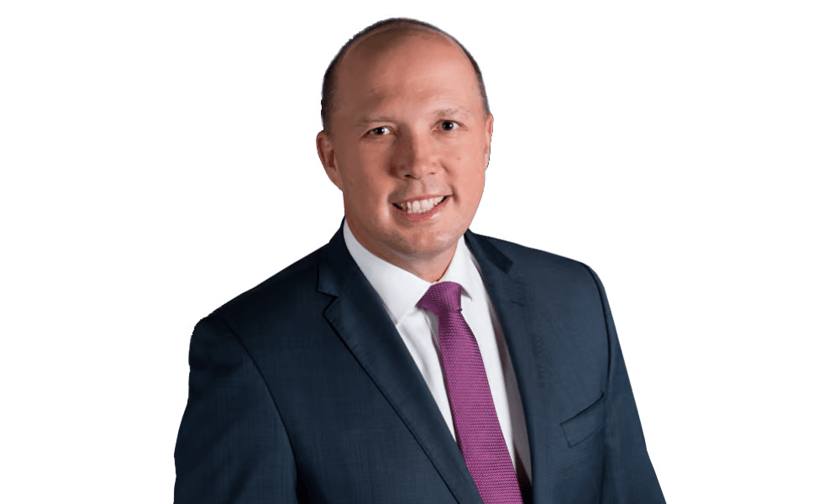

The Australian Consumers Insurance Lobby (ACIL) has backed Opposition Leader Peter Dutton’s (pictured) position on the insurance industry, highlighting concerns over rising premiums and industry practices that it argues have limited affordability and transparency.
In a formal letter to Dutton, ACIL expressed support for his remarks on potential structural reforms, including a proposal to break up major insurers if competition concerns persist.
The organisation contends that the industry’s strong reaction to Dutton’s comments demonstrates ongoing resistance to increased oversight and policy changes.
“For too long, insurers have prioritised profitability while failing to address affordability challenges for consumers,” said ACIL chairperson Tyrone Shandiman.
The letter outlined several proposed industry reforms, including:
Shandiman called on the government to take stronger action to ensure fairer outcomes for policyholders.
“Consumers are fed up. The insurance industry has ignored multiple inquiries, obstructed government interventions like the Cyclone Reinsurance Pool, and lobbied against reforms that would protect policyholders,” he said.
Insurance affordability has remained a key issue, with consumer groups arguing that existing regulations have not led to significant improvements in pricing or coverage.
ACIL has requested a meeting with policymakers to discuss strategies for strengthening consumer protections and addressing cost concerns.
“The industry’s dominance and arrogance have gone unchecked for too long. If insurers want to avoid further scrutiny, they need to start putting consumers first. Otherwise, the government must step in and force them to act,” Shandiman said.
The National Insurance Brokers Association (NIBA) has acknowledged increasing cost pressures on policyholders and called for reforms to state and federal insurance taxes and levies.
The association argued that reducing these costs would help alleviate financial strain on businesses and households.
“One of the most effective ways to ease the cost burden on consumers is for state and federal insurance taxes and levies to be reassessed,” said NIBA CEO Phil Klipin.
Insurance Council of Australia (ICA) CEO Andrew Hall also addressed affordability concerns, stating that premium reductions depend on broader risk management efforts.
“The only sustainable way to address insurance affordability is to reduce or remove risks,” he said, as reported by The Guardian, adding that this move requires investments in resilience-building infrastructure, improvements in building standards, and reforms in land-use planning.
Hall said that eliminating state-based insurance taxes could reduce premiums by as much as 30%.
